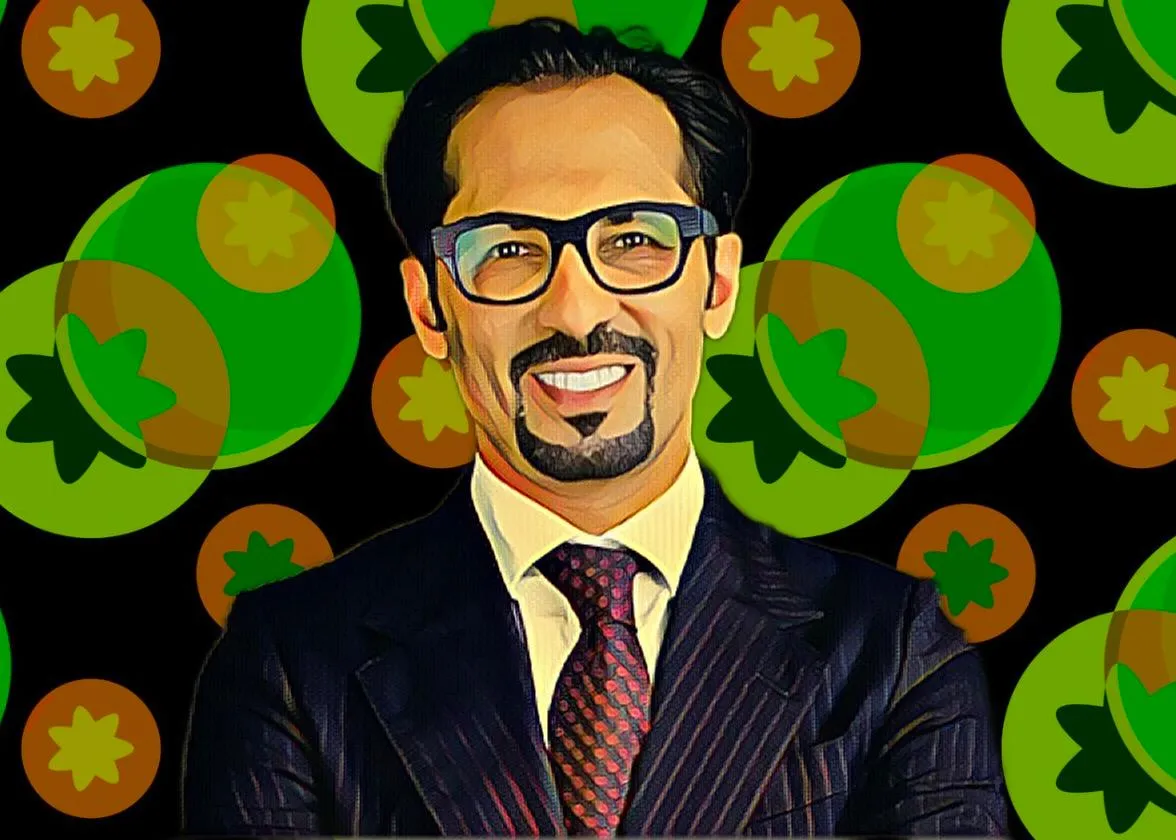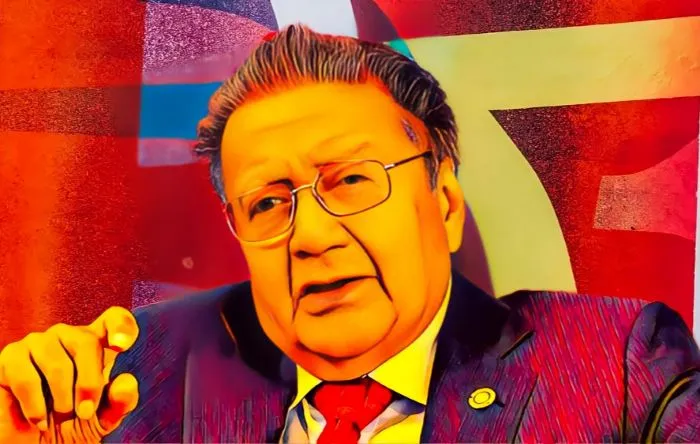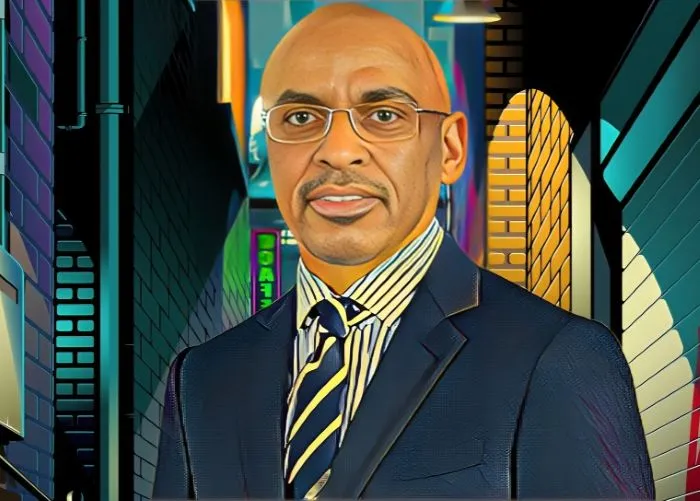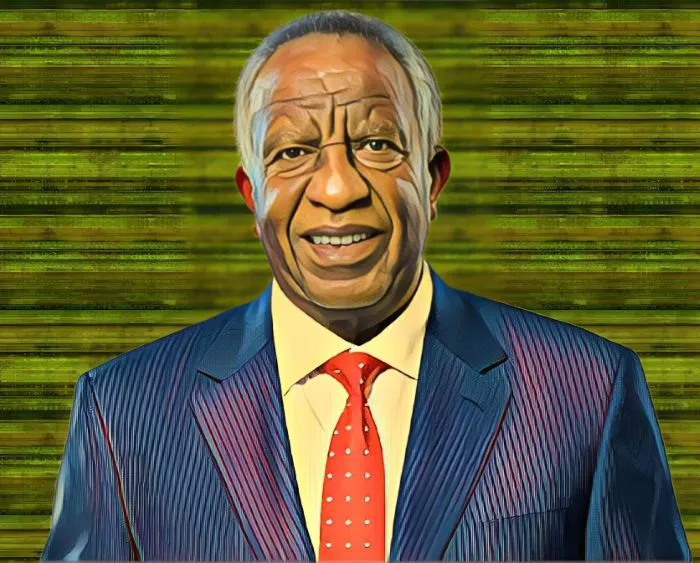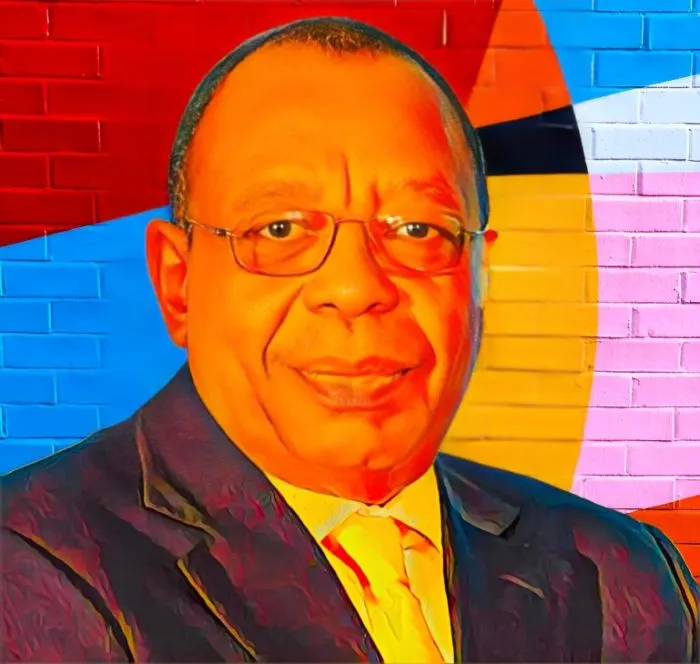Table of Contents
Key Points
- Mohammed Dewji denies involvement with a fraudulent cryptocurrency token after hackers breached his X account to promote the scam.
- Dewji’s team regained control of his account, condemning the incident and urging vigilance against phishing and digital fraud.
- Investors lost $1.48 million in the scam before the token's value crashed, highlighting the risks of AI-driven crypto fraud.
Tanzania’s richest man, Mohammed Dewji, has strongly denied any involvement with a cryptocurrency token bearing his country’s name, after hackers took over his X account to promote the scam. The breach, which occurred on Wednesday, raised alarms about the security of his online presence and the growing use of deepfake technology in cryptocurrency fraud.
Dewji, Africa’s youngest billionaire with a fortune of $1.8 billion, issued a statement clarifying his stance: “We sincerely apologize for the recent incident involving fraudulent posts impersonating Mr. Mohammed Dewji and attempting to scam individuals. These actions are entirely unacceptable, and we firmly condemn them. This was a targeted hacking attempt where impostors posed as official platform support. The breach occurred between Feb. 5 at 4:00 PM and Feb. 6 at 2:00 AM.”
Dewji regains account control after hack
According to reports, Dewji’s team acted swiftly, reporting the attack immediately. However, the hackers continued to promote the so-called Official Tanzania Coin ($TANZANIA) long after the initial warning. Thankfully, Dewji regained control of his account soon after.
The statement continued, “Thanks to the quick response from X's management team, the issue has been resolved, and we have regained full control of the account. We urge everyone to stay vigilant and prioritize cybersecurity. Be cautious of phishing links and always verify the authenticity of messages. We truly appreciate your support and understanding during this time. Ensuring the security and integrity of our platforms remains a top priority.”
Scammers exploit deepfake technology for digital fraud
On Wednesday afternoon, a post from Dewji’s account, now deleted, announced the launch of the so-called Tanzania Coin. Just minutes later, another post appeared—a picture that appeared to show Dewji himself, or so it seemed.
In the picture, a digital version of Dewji held up a handwritten note that read “Tanzania with the dollar sign” and stated, “I am real.” The caption further reinforced the deception: “I’m not hacked. I hope I can verify myself that way. $Tanzania will be out in 2H.”
Scammers exploited the increasing sophistication of deepfake technology, which makes it harder for viewers to distinguish fake from real. While some tech-savvy individuals may have spotted the unusual speech and stiff facial expressions, many unsuspecting investors fell for the fraud. Such AI-generated scams contributed to an estimated $12 billion in losses last year, according to Deloitte.
Investors pour $1.48 million into fake token
Within hours of the fake token’s launch on the Solana blockchain, investors had already poured $1.48 million into it, according to blockchain analytics firm Lookonchain.
This scam mirrored another hack just two weeks earlier, where hackers took control of former Brazilian president Jair Bolsonaro’s X account and stole $1.3 million. Crypto investigator ZachXBT traced both incidents back to the same group of cybercriminals.
However, this latest scheme unravelled quickly. In just 39 minutes, the token’s market cap surged to $10.54 million before plummeting below $125,000. By the time of reporting, the token’s link was still active, but Dewji had regained control of his account.
This incident highlights the growing threat of AI-driven crypto scams, where high-profile figures are impersonated to deceive investors. Dewji, whose MeTL Group spans manufacturing, agriculture, and finance, now joins the list of public figures targeted by these sophisticated cybercriminals.


